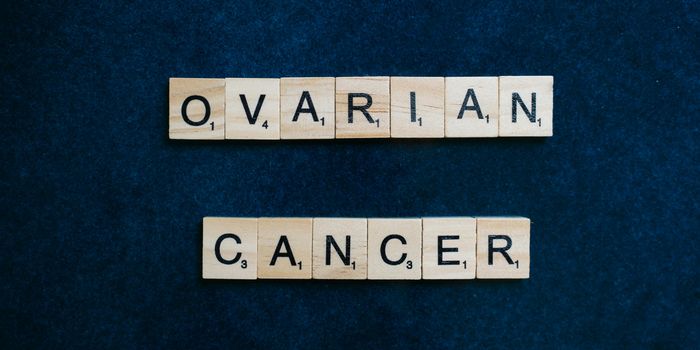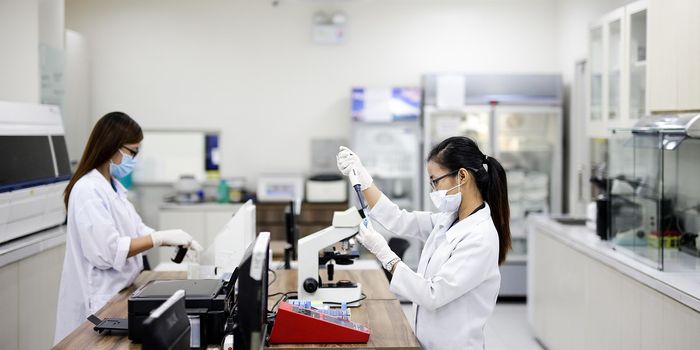Wearable Sensors and Ancient Remedies Presented at Major IBD Congress
Amidst the vibrant atmosphere of the Crohn’s and Colitis Congress in Las Vegas, intriguing research is set to captivate the attention of attendees. Among the noteworthy investigations presented, two studies stand out—Sarah Shahub et al.'s exploration into the realms of sweat biomarkers and the work of Yuinchi Matsuno et al., delving into the potential of indigo naturalis in managing ulcerative colitis (UC).

In the Shahub et al. study, researchers from the University of Texas, Dallas, embarked on a non-invasive journey, examining the sweat of individuals grappling with IBD. Around 30 participants wore monitoring devices, measuring pre-identified biomarkers for 40 to 130 minutes. The focus of attention was on inflammatory biomarkers—C-reactive protein (CRP), interleukin-6 (IL-6), and calprotectin. Astonishingly, the perspiration expression of biomarkers mirrored those found in blood serum and stool, revealing a promising avenue for noninvasive measurement of IBD disease states. Wearable sensor devices are potential game-changers, offering a tangible bridge between convenience and diagnostic precision.
Matsuno et al.'s study from Kyushu University, Fukuoka, Japan, explores the efficacy of the ancient Indian dye, indigo naturalis, and its potential in UC management. The study followed 20 patients in remission for UC, randomly split by researchers to continue or discontinue the herbal treatment. The results after 52 weeks were striking—90% remission for those who persisted, compared to 20% for those who ceased.
However, IN research has faced recent challenges. Previous studies have identified adverse events associated with its use, with one meta-analysis suggesting that 10% of patients report issues such as liver dysfunction, gastrointestinal symptoms, headaches, and even pulmonary arterial hypertension. Recent double-blind clinical trials were halted prematurely due to these reports, casting a shadow of caution over the potential benefits of IN.
Notably, the Matsuno et al. study did not report any serious adverse events, offering a glimmer of hope in the potential therapeutic use of indigo naturalis. However, the conclusion arrives with a note of caution. The study, being open-label, is vulnerable to the placebo effect, limiting the scope of definitive conclusions. The ubiquitous call for more research must be met before indigo naturalis can be recommended clinically. Healthcare providers are cautioned to monitor for adverse events in those opting for IN supplements.
These studies mark incremental progress toward new possibilities. There is hope that these findings may pave the way for more effective interventions in the realm of inflammatory bowel diseases.
Sources: NIDDK, Clinics and Research in Hepatology and Gastroenterology, Gastroenterology (1), Journal of Gastroenterology, EurekAlert!, abstracts made available by the American Gastroenterological Association for the Crohn’s Colitis Congress








